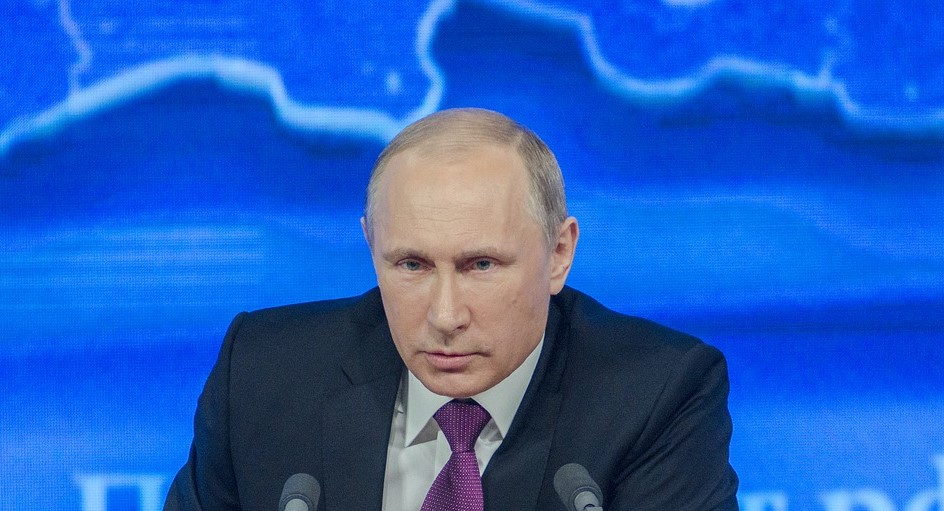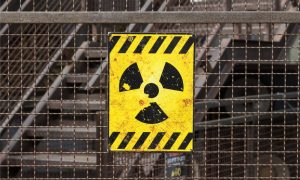
Vladimir Putin is a skilled negotiator who excels at using his considerable power to achieve his political goals. Sooner or later, Israel may have to negotiate with the Russian president on a deal of crucial importance: Pushing Iran out of Syria.
On Thursday, Putin landed in Israel to participate in the World Holocaust Forum. However, media coverage of his arrival focused on efforts to release an Israeli jailed in Russia on drug charges. Putin’s behavior in this affair may offer hints to what Israel can expect when finalizing a Syria deal.
Putin apparently conditioned the release of Naama Issachar, sentenced to a 7.5-year prison term, on a series of Israeli gestures. These moves include the handover of property in Jerusalem to Russia, according to some reports. One way or another, Moscow is aiming to maximize its rewards, and is doing so with great skill.
Now over to Syria, where Israel is engaged in an ongoing military campaign to remove Iranian forces from the country. Despite some success in curbing Tehran’s efforts, senior IDF officers believe that Iran’s presence can only be terminated via a diplomatic deal, with Russia as the key power broker.
Russia in Ideal Position
So far, President Putin excelled at building strong ties with competing players in the Syrian theater. Moscow maintains close relations with Israel, including a deconfliction mechanism to avoid military friction. However, Russia continues to intimately collaborate with some of Israel’s worst enemies, including Iran and Bashar al-Assad’s regime.
Moreover, Moscow has on several occasions voiced its displeasure with Israeli airstrikes in Syria. More generally, Russia continues its traditional support for the Arab side in international forums, despite Putin’s warm relationship with Prime Minister Benjamin Netanyahu.
Some observers argue that Moscow and Tehran will ultimately part ways, as their agendas in Syria clash. Russia seeks Syrian stability to capitalize on a lucrative reconstruction project, but Israel-Iran friction is sure to disrupt such efforts. This suggests that Putin could eventually share Israel’s desire to see Iran go, but this will come with a price tag.
Overall, Russia’s strategy places it in an ideal position to take the role of deal maker. With leverage over all the key players in the conflict, Putin can play his cards to maximize his profits and gain on all fronts. But what will this mean for Israel?
Putin’s Surprising Options
One option for Putin is to tie any moves in Syria to US policy elsewhere. He could therefore use Netanyahu to press Washington to ease its sanctions on Moscow in exchange for Russian pressure on Iran. Another possibility for Russia is to secure a cut in regional energy markets and projects.
However, Putin could also make surprising demands to boost Russia’s geopolitical influence and global prestige. One potential move, which would carry high risks for Israel, would be a central role for Moscow in efforts to resolve the Israeli-Palestinian conflict.
Russia has previously signaled its desire to become more involved in the peace process. Among other things, Moscow hosted Palestinian delegations, including Hamas members, to discuss the issue.
A Putin peace plan linked to talks on Syria’s future would certainly boost his global stature, while placing Israel in an uneasy position. Alternately, he could demand an Israeli withdrawal from the Golan Heights, thereby rewarding his Syrian allies.
In any case, master deal maker Putin will insist on a high price for resolving one of Israel’s gravest problems. Hence, officials in Jerusalem must prepare for tough negotiations, and for some unexpected demands.


